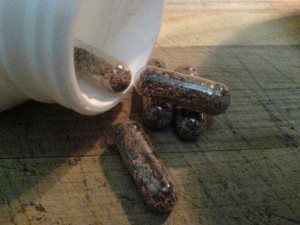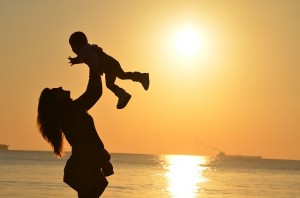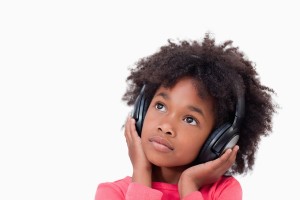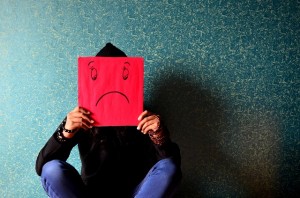
Many women are so convinced of the health benefits associated with consuming placenta that they are digesting the organ in pill format.
Human placentophagy, or the act of consuming the placenta, has been considered a sacred act for thousands of years in Asia and Africa.
More recently, people have started to ingest this human organ in developed countries, particularly in European countries, due to supposed health benefits, including improved lactation capacities, the prevention of postnatal depression and even the lessening of pain during childbirth.

The trans-chalcone found in the licorice root can help prevent the build up of dental plaque.
As a citizen of a licorice-consuming country, I was pleased to find out that our oh-so-beloved sweet is not only delicious, but also has a surprising number of benefits (especially where your teeth are concerned).
Studies have found that the natural chemicals in licorice, an extract from a the root of a plant called Glycyrrhiza Glabra, can kill mouth bacteria. Read More →

The front cover of the subscriber’s June edition of Elle magazine, featuring Nicole Trunfio breastfeeding her son.
It was this Facebook post, and many like it around the internet, that first brought my attention to this ongoing debate.
The June edition of Elle magazine sparked controversy this month as there were two printed versions of the front cover. One for general release, showed model Nicole Trunfio holding her baby son, while the second version, exclusively for subscribers to the magazine, showed mother breastfeeding.

According to the 2015 Mother’s Index report, Norway is the best country to become a mother.
Save The Children, the international non-governmental organisation, recently published their 2015 Mother’s Index report which revealed the top countries for mothers to give birth.
The report covers criteria such as: maternal health, children’s well-being, educational status, economic status and political status in order to rank the countries. The report shows that despite global health improvements for both mother and baby, the inequality between the world’s richest mothers and the world’s poorest continues to widen.

Hong-Kong is the top destination for expats, but it is also the most expensive country in terms of international health insurance.
Pacific Prime, an international health insurance broker, have put together a report entitled “The cost of health insurance in top expat destinations”.
This report compares the prices of three types of health insurance plans, i.e individual, couple and family plans, offered by 11 international insurance providers to calculate the average prices in the top 6 expat destinations: Hong Kong, China, Singapore, UK, UAE and Thailand.

Conservative parents argue that allowing your children to drink at home sends out the wrong message.
Binge drinking is a growing problem among youths in many countries. Naturally, the finger of accusation is more often than not directed towards the parent. This has sparked a number of debates and studies into the effects of allowing your children to drink alcohol, even sips here and there, under parental supervision.
Drinking is very important part of the culture of many countries. France, for example, is famous for its love of wine and is often parodied as a nation that let children drink all the time. I grew up in a small town in the UK where my father’s social life involved regular trips to the pub, to which I was often dragged along too. I would be allowed sips of his beer and occasionally one of my own. I personally have grown up with a real respect for alcohol and, with a few exceptions, don’t drink to the point of intoxication. Read More →

Earlier this year, WHO stated that 1.1 million young people are at risk of hearing loss due to unsafe use of personal audio devices.
According to the WHO, loud music is the number one cause of preventable hearing loss. Research shows that the consequences of overexposure to loud music may be even worse than we think, especially for children.
Earlier this year, WHO highlighted that about 1.1 million young people ‘are at risk of hearing loss due to the unsafe use of personal audio devices, including smartphones, and exposure to damaging levels of sound at noisy entertainment venues.’ Hearing loss has a significant impact on your physical and mental well being as well as educational and employment success. Read More →

Pets can help children develop a sense of responsibility and boost self-confidence.
Pets have a remarkable impact on expat children. Apart from acting as a great distraction to the stress of moving country, studies show that pets can play an important role in building self-esteem, fulfilling a therapeutic role and boosting children’s physical health.
Building self-esteem

Mr Lawson’s video has been viewed 7.7 million times.
Johnnie Lawson posted his video of a waterfall on the River Bonet, in County Leitrim Ireland, on YouTube on July 2nd 2013.
The video has been viewed 7.7 million times meaning that the world’s population has spent almost 60 million hours listening to the tranquil sounds of water to try and fall asleep. Judging by the scale of the response, there are a huge number of insomnia sufferers who are resorting to unconventional methods in order to get a better night’s sleep.

In some countries, expats are at a 50% higher risk of mental health problems.
The expat community are arguably at a greater risk of developing mental or psychological problems linked to mental health.
According to a study on expats living in the US, 50% were at a higher risk of mental problems, such as anxiety and depression, than their US counterparts.